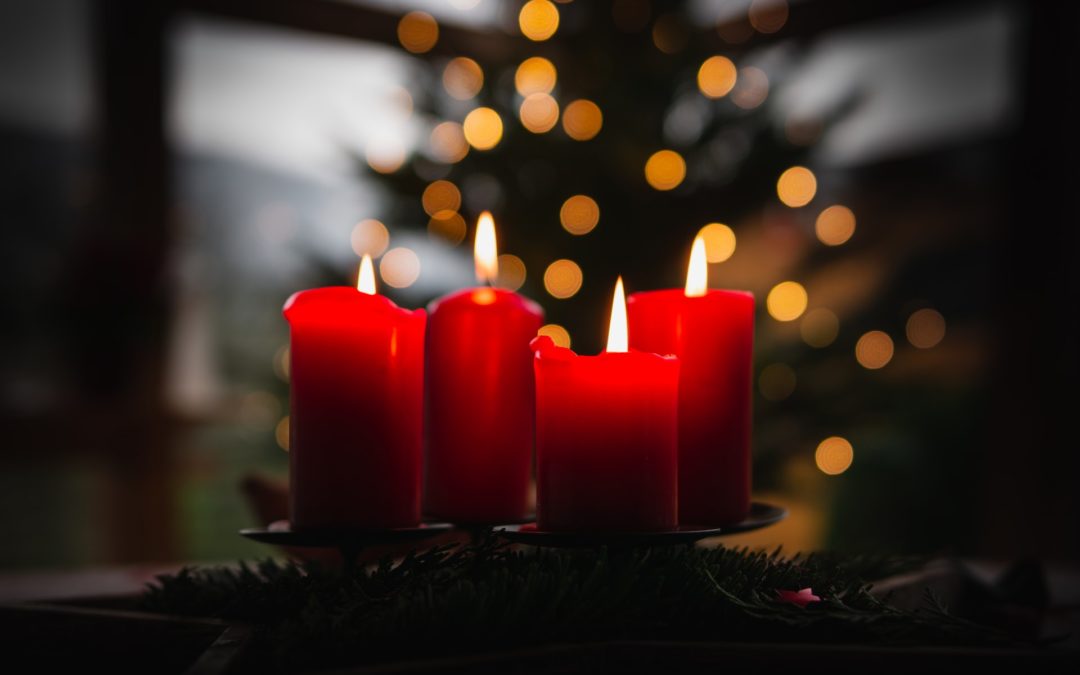At this dark time of year, half way through the second lockdown, we need some ‘light at the end of the tunnel;’ what a ‘light’ the news of a vaccine is! Coincidentally, many world religions celebrate festivals of light round now. For Hindus, the celebrations of Diwali include lighting diya lights to symbolise the spiritual victory of light over darkness, good over evil and knowledge over ignorance. In my street, we had candles or Christmas lights in our windows last week, to join in the celebrations of our Hindu neighbours. Next month, Jews will mark Hanukkah, a commemoration of the inexhaustibility of the jar of oil, big enough only to burn for one day, which miraculously stayed alight for eight days. For Christians, the Christmas season is on the horizon, and one of the current more light-hearted responses to lockdown is ‘should we just start Christmas early, to make us feel better?’
I don’t want to be a killjoy, but just as we can’t have Easter without Lent, so we can’t have Christmas without Advent, that season of preparation, reflection and fasting. My most vivid memories of childhood Christmases are the radio broadcasts of the Nine Lessons and Carols service from King’s College Cambridge, which tell in music and readings the narrative of the journey towards Christmas, starting with the annunciation to Mary. It culminates in the reading of the beginning of John’s gospel, the version of the ‘good news’ which omits the shepherds and angels and talks in metaphysical terms of the light of the world; ‘In him was life, and the life was the light of men. And the light shines in the darkness, and the darkness has not overcome it.’ What a wonderful message of hope for better times, and more – a sense that it is by shining light in dark places what we can see what needs to be done, and drive away the metaphorical darkness. There is nothing passive about this.
Haydn’s Oratorio The Creation starts with a vivid depiction of this in music. I’ve chosen this as a clip, not a polished, professional recording with performers in tuxedos, but a rehearsal, complete with glitchy sound quality, to acknowledge the reality of communal music making (which I for one am desperately missing), the precious experience of taking part with others, making something happen. It’s not about perfection, it’s about being there, joining in.
I wrote this poem some weeks ago, when Leeds went into ‘tier 2’. It picks up on the themes of cooperative working, letting in the light, creating something good.
Local lockdown
We build on sand, using the usual slabs of stone
quarried from mud prised from moorland
it is hard to have so flimsy a foundation
but this is the new normal
we need hay barns we decide
in the absence of better information
for some days we argue
about which design features to include
some of us give up go home
unable to compromise face conflict
others work through the night
bruising fingers stubbed in the deep dark
treasuring the faint light of iPhone torches
pulling strongly on haptic instinct
in the morning there it is
the perfect repository for summer’s residue
with watershott stones below the slate roof
to deflect the winter’s rain
and tufts, binding together
the inner and outer skins of the walls,
their sharp shelves warm themselves
in surprised sunlight.

